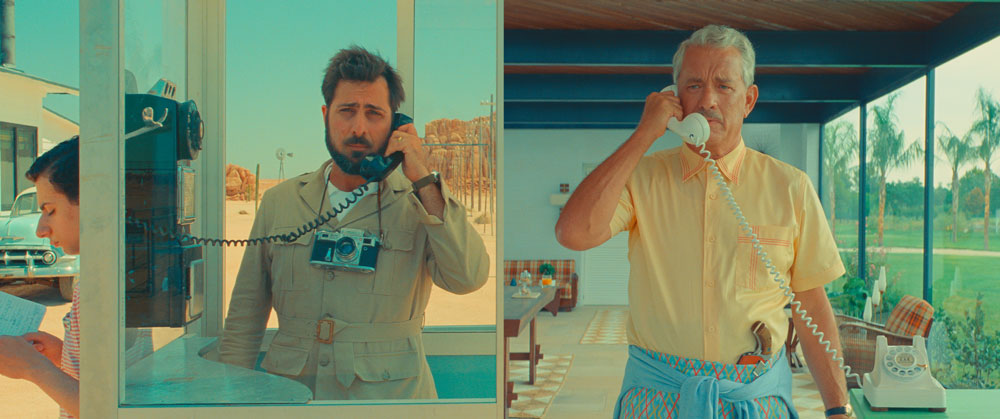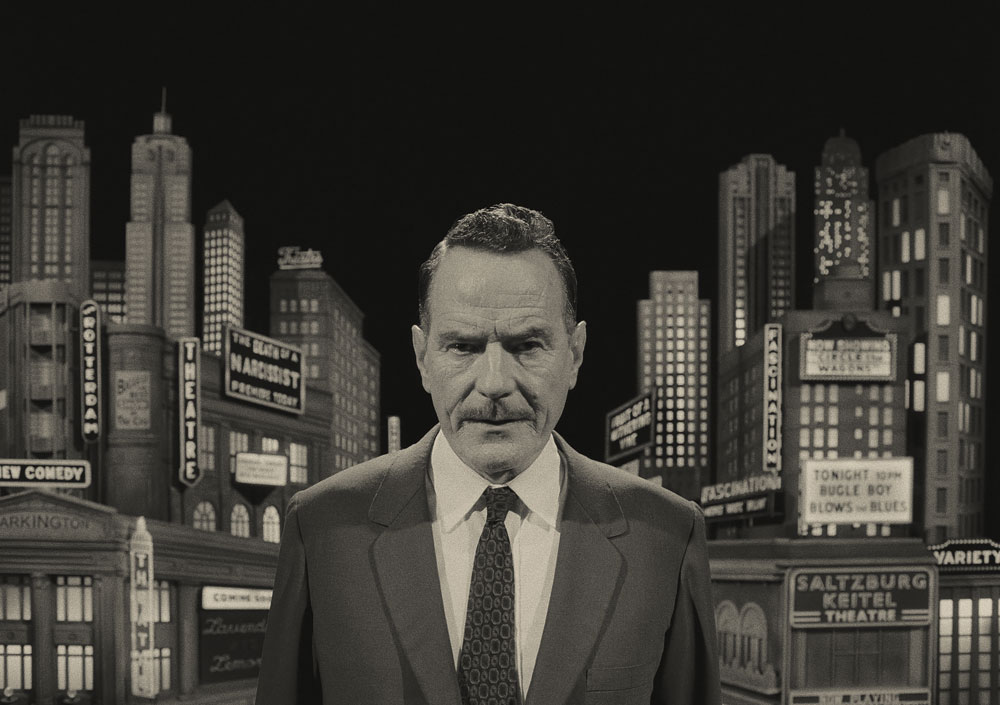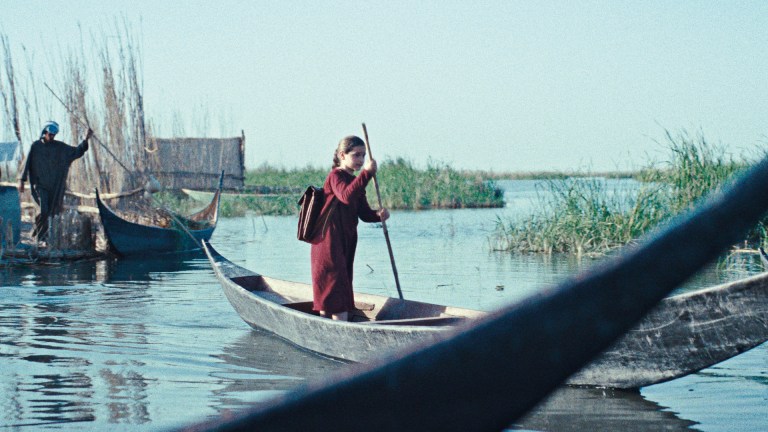Twenty-seven years into his idiosyncratic film-making career, Wes Anderson’s candy-coloured formalism has become so immediately familiar that anyone with an iPhone or a passing grasp of AI software can take a shot at making their own super-saturated TikTok parody. Yet there’s always been depths to be plumbed beneath that exquisitely symmetrical surface. Grief – and how people cope with it, or fail to – is central to Anderson’s films. Asteroid City, filmed during the pandemic lockdown and Anderson’s first movie to be released into a post-Covid world, is no exception.
The bulk of Asteroid City’s action takes place in the mid-’50s in the titular tiny desert town, mostly known for its huge meteor crater and observatory. Descending on the 87-person settlement are a group of precocious junior scientists who are being honoured for their inventions. They are about to be faced with an Earth-changing event that I won’t spoil here – but which ends up with all of them going into a military-enforced quarantine, and ultimately finding a new perspective on life.
Among those award-winning youths is Woodrow Steenbeck (Moonrise Kingdom alumni Jake Ryan), arriving with his father Augie (Jason Schwartzman) and his three younger sisters. Woodrow does not yet know that his mother has died. His war photographer father has yet to find the right way to tell him, much to the frustration of his father-in-law, Stanley Zak (Tom Hanks, making his Anderson debut).

Like so many of Anderson’s creations, Augie is grappling with grief and the responsibility of carrying on. In Rushmore, everything Schwartzman’s Max Fischer does comes back to the death of his mother; The Life Aquaticwith Steve Zissou sees Bill Murray’s title character vow revenge for the death of his best friend; the events of Moonrise Kingdom are shaped by the bereavement of 12-year-old orphan Sam Shakusky; The French Dispatch is an episodic obituary. It’s mourning, and how families respond to loss, that drives the action and roots each seemingly whimsical tale in a universal emotional truth.
“We have these milestones in our lives, and particularly as you get older, the dead begin to pile up,” Anderson explains at the star-studded press conference for the film. “The power of these losses, it’s among the key milestones in our lives. That’s what the movies are about, I think. The cosmic force of our lost people.”
In Asteroid City, Augie connects with movie star Midge Campbell (Scarlett Johansson) over the emotional pain they’re both going through, and their reluctance to face it head-on. “We have the conversation about what connects us, and it’s the enormity of this grief,” says Johansson. “My character says, ‘I don’t want that feeling so I’m just gonna not have it.’ Which is so great and convenient. I mean, especially if you’re an actor. It’s perfect. You just do not have that feeling and erase it. That’s the world that she’s living in.”










